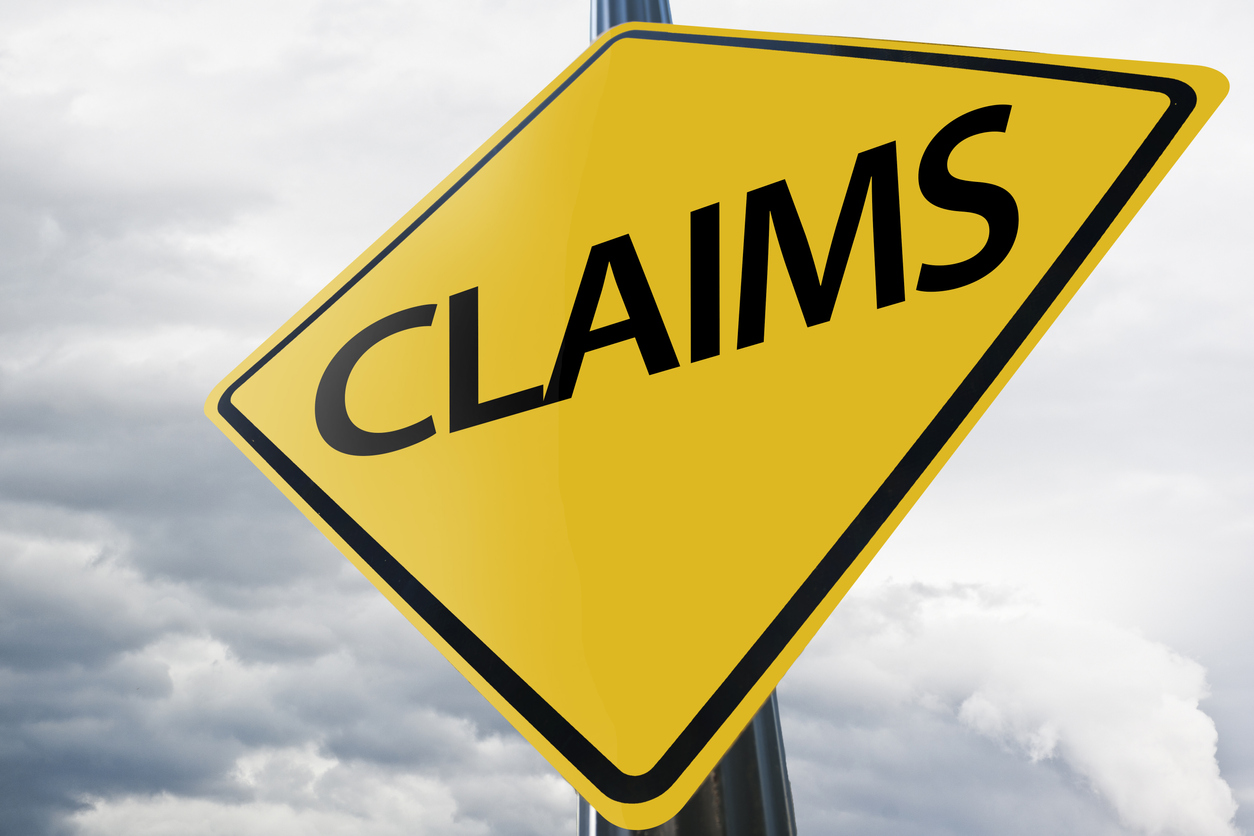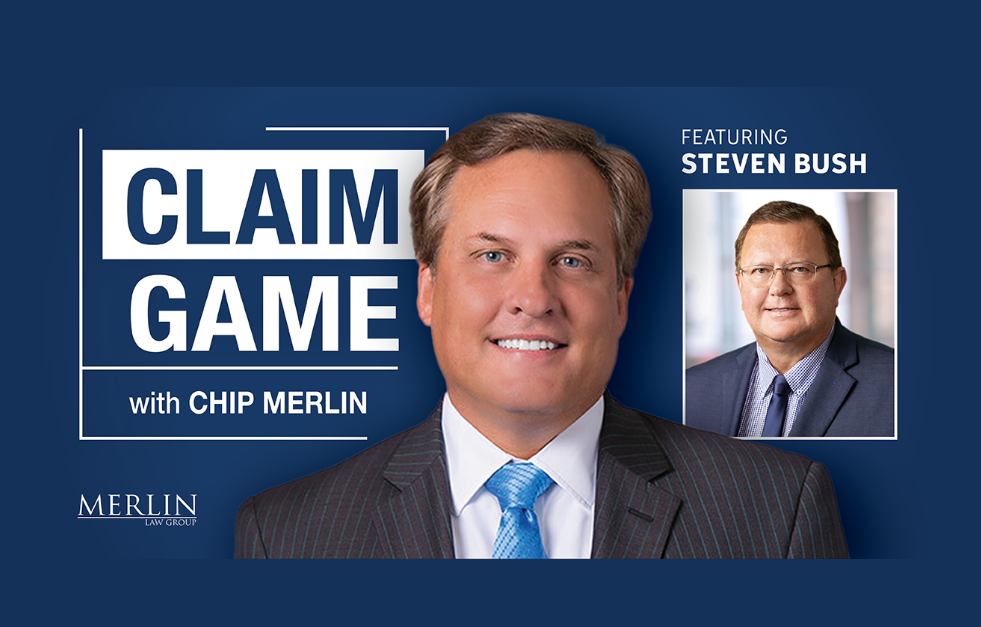An active bad faith lawsuit in Maryland has raised some crazy allegations worthy of consideration. A claims manager for State Automobile Mutual Insurance Company allegedly refused to settle a claim because he wanted to teach the public adjusting firm retained by the policyholder a lesson and leverage this case with other cases in which the public adjusting firm was involved. Here are the facts recited in an Order by a federal judge:1
A fire occurred on February 8, 2015, at Smokey Joe’s Grill and Boardwalk Café, one of the businesses Plaintiffs operated. The fire damaged the building and caused Plaintiffs to lose business income and to incur extra expenses. Plaintiffs filed a claim with Defendant to cover this loss and the extra expenses under the Policy. Plaintiffs retained Goodman, Gable, and Gould, a public adjuster, to assist them with the claim. Defendant assigned Scott Terra as claims manager to process and handle the claim. Caroline Veahman, a loss adjuster for Defendant, also worked on the claim.
…
The claim was subsequently assigned to Sherri King, one of Defendant’s claims examiners. Ms. Veahman testified that she had a conversation with Mr. Chenetski in which she asked why Ms. King had been assigned to the claim, given that claims examiners deal with issues of coverage and litigation, and Ms. Veahman believed that only loss measurement—not coverage—was at issue. Ms. Veahman testified that Mr. Chenetski told her that ‘the issues surrounding this claim w[ere] bigger than just [the] loss.’ He went on to explain that there were ‘[o]ther claims presented by’ Goodman, Gable, and Gould ‘within the region,’ and Defendant could use this claim as ‘leverage against’ the other claims to ‘try to get them resolved.’ Mr. Chenetski testified in deposition that he did perceive there to be coverage issues involved in Plaintiffs’ claim and that he did not recall saying those things to Ms. Veahman. He stated that he assigned the claim to Ms. King ‘to just get some fresh eyes on it for an additional point of view.’
In his deposition testimony, Mr. Terra stated that he had a conversation with Mr. Chenetski in which he asked, ‘What’s the deal with Rod & Reel?’ and expressed that he thought it ‘was something that [Defendant] had the ability to resolve.’ Mr. Terra testified that Mr. Chenetski told him, ‘It’s not about this one claim. There’s a bigger overall issue,’ which was ‘that he wanted to teach [Goodman, Gable, and Gould] a lesson.’ According to Mr. Terra, he had worked with Goodman, Gable, and Gould ‘quite often’ during his time working for Defendant, and the firm was representing other insureds for other claims being reviewed by Defendant at the time. Mr. Chenetski testified that he did not recall having this conversation with Mr. Terra and that it was ‘not something that [he] would say.’
My first thought while reading this in a federal court order which any lawyer, insurance regulator, or newspaper reporter can research and disseminate, was, “Why didn’t the lawyers for State Automobile Mutual Insurance Company pay the claim and resolve the bad faith allegations?” This record is now on the bad faith claims rap sheet of State Auto. Everybody dealing with State Auto or purchasing insurance from this company must be wondering: “Can we trust the State Auto claims department to act in good faith and pay claims fully and quickly?”
What does State Auto claims management have to say about this? State Auto is part of Liberty Mutual Insurance Company, a publicly traded company with an audit department to investigate ethical issues. What does Liberty Mutual have to say about this?
The policyholder’s attorney noted this in a brief:2
State Auto failed to act in good faith in adjusting this claim pursuant to Maryland Code § 27-1001 and Md. Code Ann., Cts. & Jud. Proc. § 3-1701, because State Auto undisputedly took the following acts in adjusting this case:
• When the adjusters familiar with the case sought to settle the business income claim, the insurer’s management said no, and did so for the express purpose of leveraging this case against other cases in which the third-party public adjuster was involved and for the purpose of teaching the public adjuster a less; and
• The insurer replaced the adjusters familiar with the case further delaying the resolution and payment of this case and subsequently engaged in communications in which State Auto’s replacement adjuster misrepresented the amounts of payments made under the claim;
• The insurer further delayed determination and payment of the business income loss despite the fact that there was no coverage dispute, despite the fact that this loss is now over 8 years old;
• Finally, the insurer continues to argue that the period of restoration should exclude the time that the building was shrink-wrapped, despite State Auto’s agreement to shrink wrap the building during the adjustment of the claim, and the agreement of its adjuster that the period of shrink wrapping would extend the period of restoration and was paid for by State Auto to reduce the BI claim.
…
This undisputed fact is further supported because shortly after the claim had been reassigned to Ms. King and Mr. Krekstein, Terra attended a supervisor’s meeting for State Auto along with all other managers and supervisors.] At that meeting, State Auto’s management (Mark Chenetski) told Scott Terra that he was not settling the Rod & Reel claim because ‘It’s not about this one claim. There’s a bigger overall issue,’ and that he wanted to teach the three G’s a lesson Mr. Chenetski assigned Sheri King to the claim, who wrote her first letter to the insured which was riddled with misrepresentations and who delayed payment of the undisputed amount of the loss, all as part of the stated plan of State Auto in using Plaintiffs’ claim to teach their public adjuster a lesson.
The two key witnesses, who testified to the alleged unethical claims conduct and statements made by the claims manager, worked for State Auto. They could have lied about this and simply testified that they could not remember. It takes quite a bit of courage to tell the truth in a group scenario.
Maybe State Auto tells its lower echelon employees that they should complain to superiors about unethical claims conduct? I simply do not know if this case is a “one-off” mistake in judgment or whether State Auto has a systemic ethical problem in its claims culture.
The problem is that many property insurance claims adjusters hate when their customers hire public insurance adjusters. Some insurance companies have entire programs and specialized claims handling protocols when policyholders hire public adjusters. So, it is not surprising that this allegedly occurred.
What is surprising is that State Auto let this sworn testimony see the light of day by not settling the case. This case adds more ammunition and facts to support the perceptions noted in All Insurance Agencies Admit Insurance Company Claims Service Has Materially Deteriorated Over the Last Three Years.
Thought For The Day
Ethics is knowing the difference between what you have a right to do and what is right to do.
—Potter Stewart
1 Rod & Reel v. State Automobile Mut. Ins. Co., No. 20-3388, 2023 WL 4847696 (D. Md. July 28, 2023).




